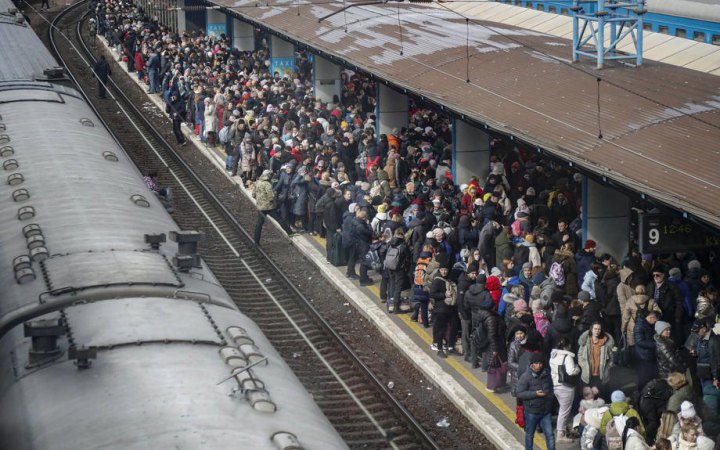The railway also transported 6,596 tons of aid to cities that needed it.
Ukrzaliznytsia is using all rolling stock for evacuation. This is organized not only by public figures, but also by UZ workers themselves : train conductors and trains chiefs, drivers and trackers, station workers, duty officers and dispatchers. Their work is now worth its weight in gold, they work on a non-standard schedule and come home just to wash. Little is said about them, but we owe them a lot.
LB.ua spoke to railway workers who switched to military rails after the russian attack.
Andriy Rohozhnikov, chief of the train №11\12 - Kyiv-Novooleksiyivka
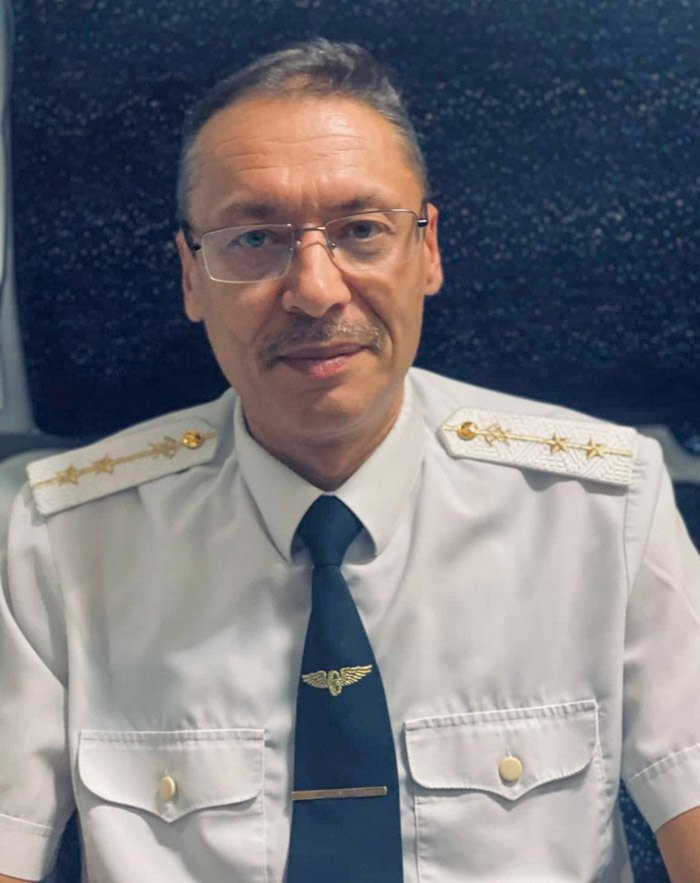
On February 24 we arrived in Novooleksiyivka according to the schedule. The drivers did their job and went to bed, and at about 1 pm I went to the station duty officer across the bridge over the tracks.
Got on the bridge, I see the self-propelled artillery mounts and a tank. I call the staff officer (the conductor who works in the staff car together with the chief of the train - LB.ua), I shouted: "Raise the drivers and the fuck out of here".
As I got to the train, I found all the conductors were at their places, and the drivers, after they heard the noise, woke up and ran to the locomotive. We left. We are very lucky the russians did not start firing on the train.
We are currently working on an evacuation train. Over time, it became a little easier - boarding the cars became more orderly, we are helped by the police and territorial defense. Now we can even estimate how many passengers are on our train. It turned out that the railway was the way to save tens of thousands of Ukrainians.
Yulia Nuzhnova, head of the Kyiv Passenger suburban railway station
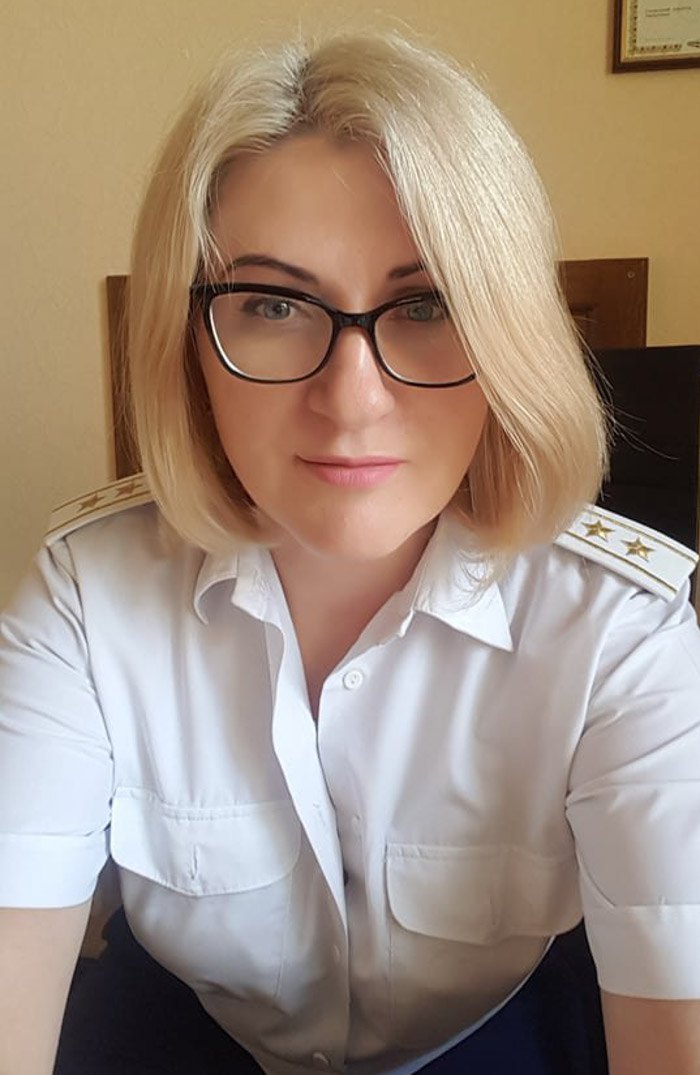
I found out about the war at 5 am when the explosions began. I immediately got dressed and went to the station to see my employees.
We were often visited by passengers who needed to be appeased, who needed to leave their belongings because they couldn’t fit on the train. Most of my employees can not physically get to work, so everyone who is now at the station, does the job of two or three people. Our working mode is ‘we eat something, go to help and coordinate the passengers, come to the office, eat a little and continue to work’. We sleep a couple of hours at night. We set up a mini-dining room for ourselves, we go to buy food and cook there. For example, my announcer lives in the office for the seventh day now and works 24/7.
Oleksandr Barylnyk, chief of the Kharkiv-Uzhhorod evacuation train
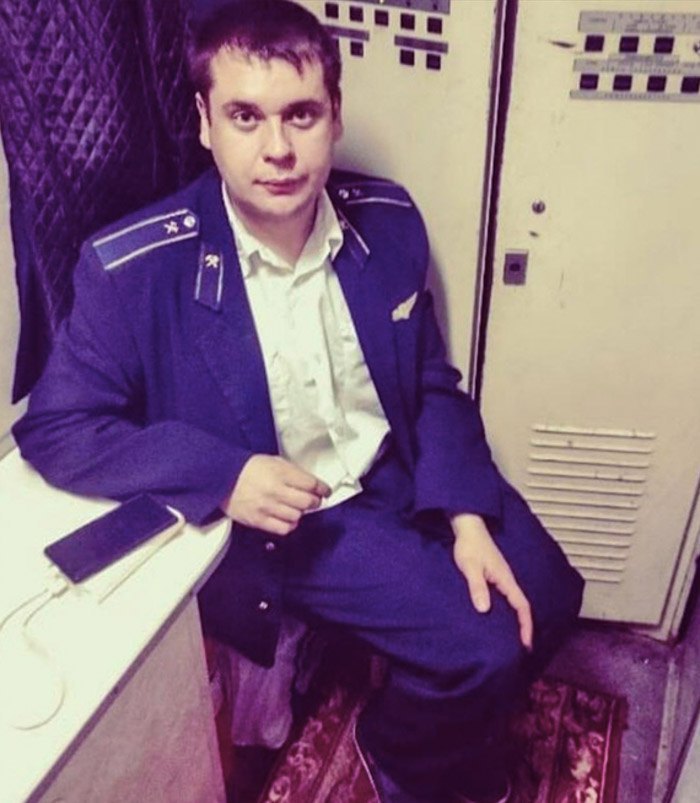
On the evening of February 23, we accepted the cars, melted the stove and began to take turns on the cars. At 5 am we woke up from a strong vibration, but at first we thought it was a firework. We went outside, we could hear blasts, then we heard the whistling of planes. And then I realized, "This is war!"
After a while we were hooked to the locomotive and went to Lysychansk to evacuate the residents. It’s much harder to work during the evacuation: we don’t know where we will stop, we have 200 people instead of 40 in the car. The vacuum toilets can stop working because they are clogged. Passengers are forced to walk through two or three cars to the toilets. All people are nervous, some begin to behave inappropriately, but it turns out to calm them down. It is difficult to look at children who are forced to sleep in the hallways on sheets, and those who have difficulties getting to the toilet. You want to help them with something, but you can't.
I'm from Kharkiv, I have parents there, and I can’t stop thinking: how are they? Is everything okay? And I understand that I can't help them now either.
Now we work like this: one conductor for two cars. It is difficult both morally and physically. But we are working.
Natalia Rudyk, Deputy Chief of the Dubno Station,
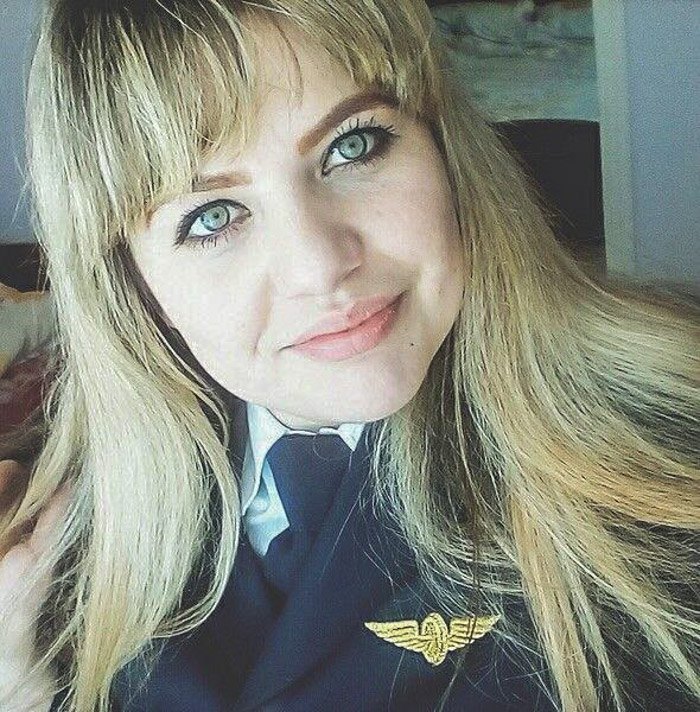
I learned about the war from a military acquaintance when I was on my way to work. Immediately upon arrival, I startted working, organizing the supply and dispatch of trains. Most of the trains are no longer on a regular schedule, they need to be properly organized and transported. The workload has increased several times, but the number of employees has not. I will say more, some workers went abroad as soon as the opportunity arose. I can't do that.
It is very scary during an air raid. I send my subordinates to the shelter and stay at work. After the war started, I spent the whole day at home only once, due to health issues. My work day now starts at 5 am and ends at night, when the phone goes silent and I cut down.
Oleksandr Bush, conductor of the Zaporizhzhia-Lviv evacuation train
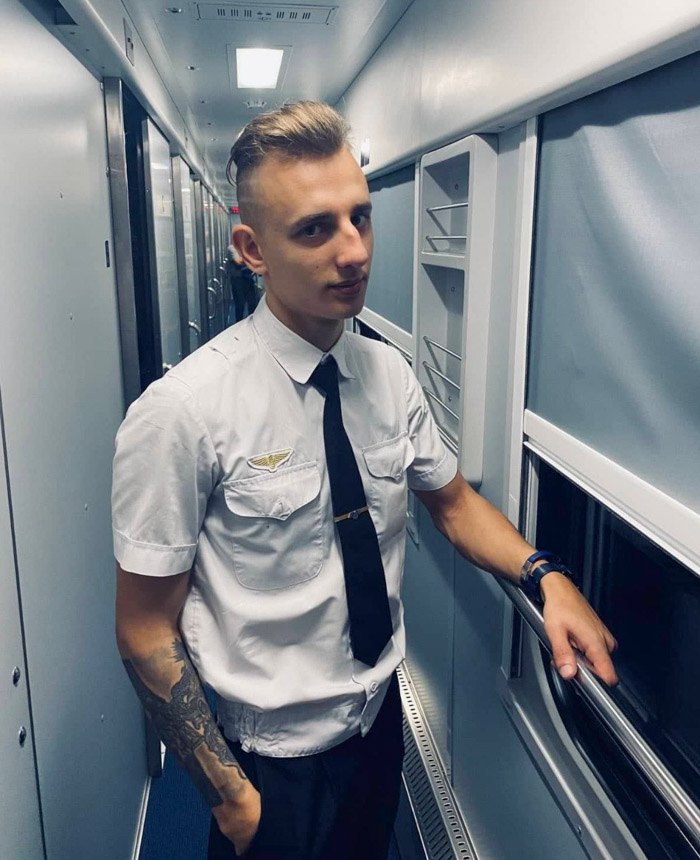
On February 25, our train was reformatted into an evacuation train to take passengers from Zaporizhzhia to Lviv. The first trips were hellish, the landing was chaotic, people were scared, everyone wanted to leave. Tantrums, screams, clinging to the handrails.
The number of people in the car was "everyone who fits in". I never thought so many people could fit into one car.
Gradually, the employees of the Zaporizhzhya railway station and I tried to organize the landing of people, although we did not quite succeed at first, but eventually we were able to. From the end points, trains ran fully packed, but there were also intermediate stations, where people also tried to get on the cars.
Passengers were everywhere - in the passages, four people on the lower seats, two - on the upper seats, someone in the luggage racks. The passages were filled, the vestibules were so full that it was even inconvenient for us to open the door. My crew took thousands of people to safety, but you can’t imagine how difficult it was.
Some railroad workers went to war. Some to the Territorial Defense, some to the Armed Forces.
Andriy K., railway inspector
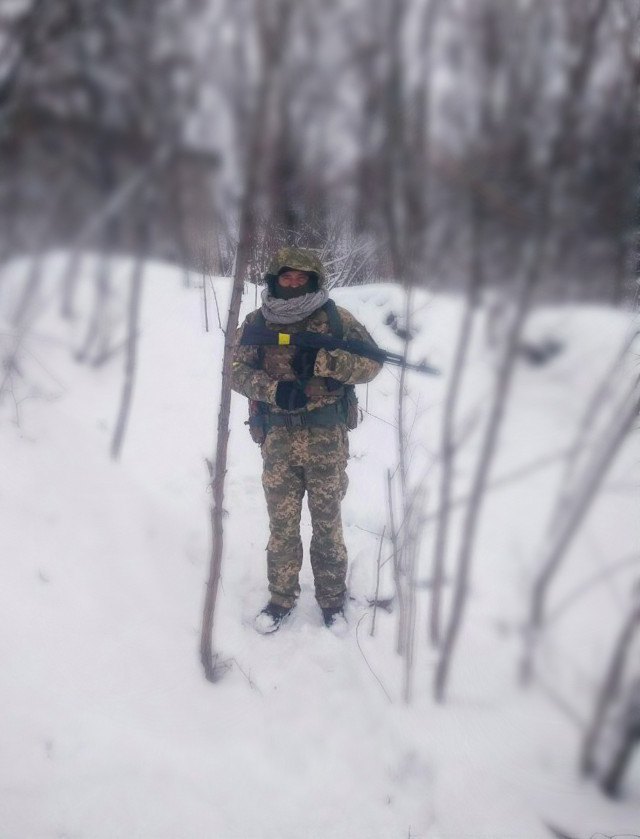
I live in Konotop. On February 24, I woke up at 5 am from distant explosions. I ran to the balcony to see if I had a dream. No, it was not a dream.
I started packing. I was recruited to the military unit so I went there. Upon arrival to the unit I received a task, on which I’m still working. We take part in Sumy defense.
At the beginning of russia's aggression, a small column approached us. Some horseradish gets out of the car and asks "Dudes, how to get to the airport?" And our people understood they were lost rascists. We hear the command: "Red stripes!" and open fire on the defeat. We put everyone down, some equipment was burned, and some successfully taken to strengthen the Sumy defense.
It hurts the most when the civilian population supports us. The first night we were guarding the facility, and here we see - locals come to us with tea, sandwiches. An old grandfather, who was previously helped by neighbors, brought us hot soup. Tears welled up in the eyes of some of my brothers. It is very cute.
And then we see the russians destroying the civilian population from planes. We will not forgive them.









